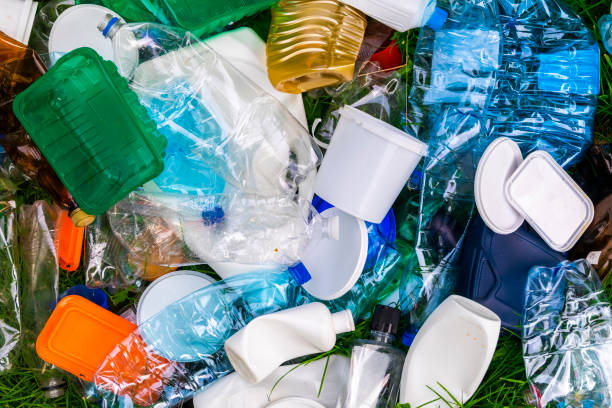The Center for Environmental Justice (CEJ) has urged the government to take immediate action to implement the proposed tax on single-use plastics, as outlined in the Supreme Court case SCFR 220/21. In a letter to President Anura Kumara Dissanayake, CEJ Chairman Hemantha Withanage emphasised the urgency of addressing the environmental and public health challenges posed by excessive plastic waste in Sri Lanka.
The CEJ estimates that around 20 million plastic bags are discarded daily in the country, adding to the growing plastic pollution crisis. While legislation to impose a conservation levy on plastic bags was introduced as far back as 2008, it was stalled by a Supreme Court decision in case SCFR 368/2008. To counter this, the CEJ filed a Fundamental Rights Petition (SCFR 220/21) in July 2021, demanding practical measures from manufacturers to reduce polyethylene production and encouraging consumers to minimise the use of single-use plastics.
In March 2024, a settlement was reached in the Supreme Court involving the government, the Consumer Affairs Authority, the Central Environmental Authority, and other stakeholders. The settlement included a decision to impose a tax on single-use shopping bags as a crucial step to combat plastic pollution. The CEJ believes that introducing such a levy could not only reduce discarded plastic but also generate approximately Rs. 15 million daily. These funds could be directed towards environmental conservation and waste management initiatives.
However, nine months after the settlement, the agreed measures have yet to be implemented. According to the CEJ, this delay is largely due to inaction by the Ministry of Finance and the Treasury during the previous government. The failure to establish the necessary framework for the tax undermines efforts to mitigate plastic pollution and risks reversing progress made in recent years.
The CEJ also highlighted the success of similar measures in other countries, including Ireland, Kenya, and Rwanda, where taxes and regulatory policies have significantly reduced plastic waste and promoted sustainable practices. Globally, discussions are ongoing under the United Nations to establish agreements to limit the use of plastics, with many nations already taking proactive steps to ban single-use plastics.
Withanage stressed the need for Sri Lanka to follow suit and align itself with global trends. The CEJ believes that imposing the surcharge would not only address the environmental crisis but also help free up much-needed resources for sustainable development and conservation efforts.
The CEJ appealed to President Dissanayake to ensure the immediate implementation of the Supreme Court settlement, reiterating that such measures are essential for tackling the escalating plastic waste crisis in the country.





